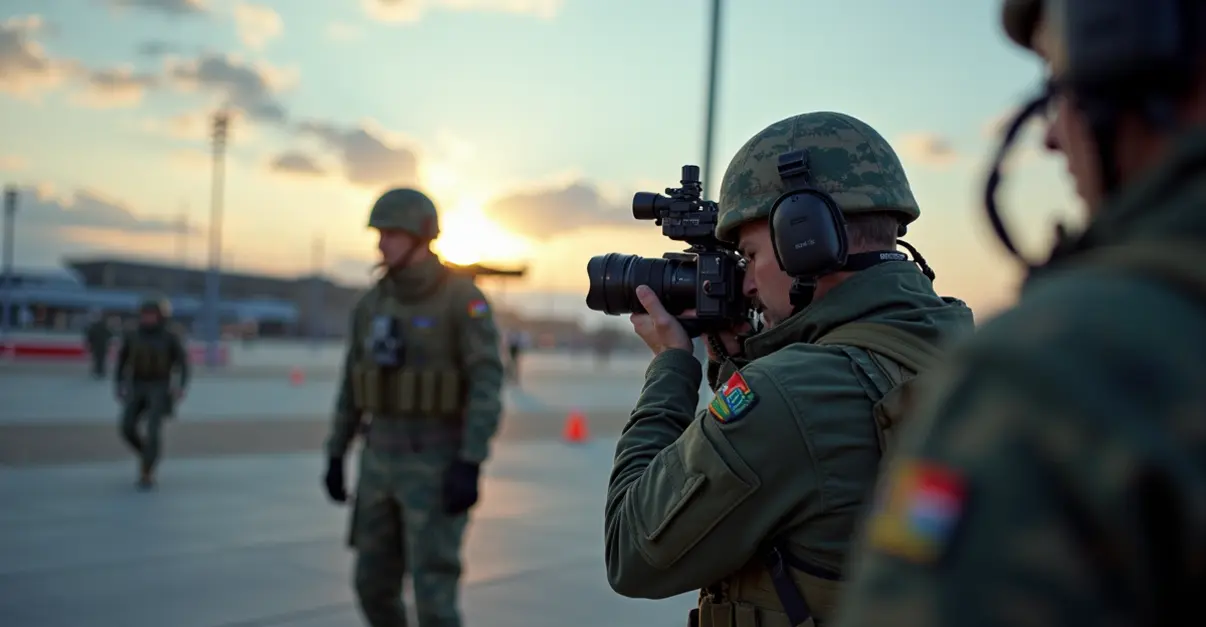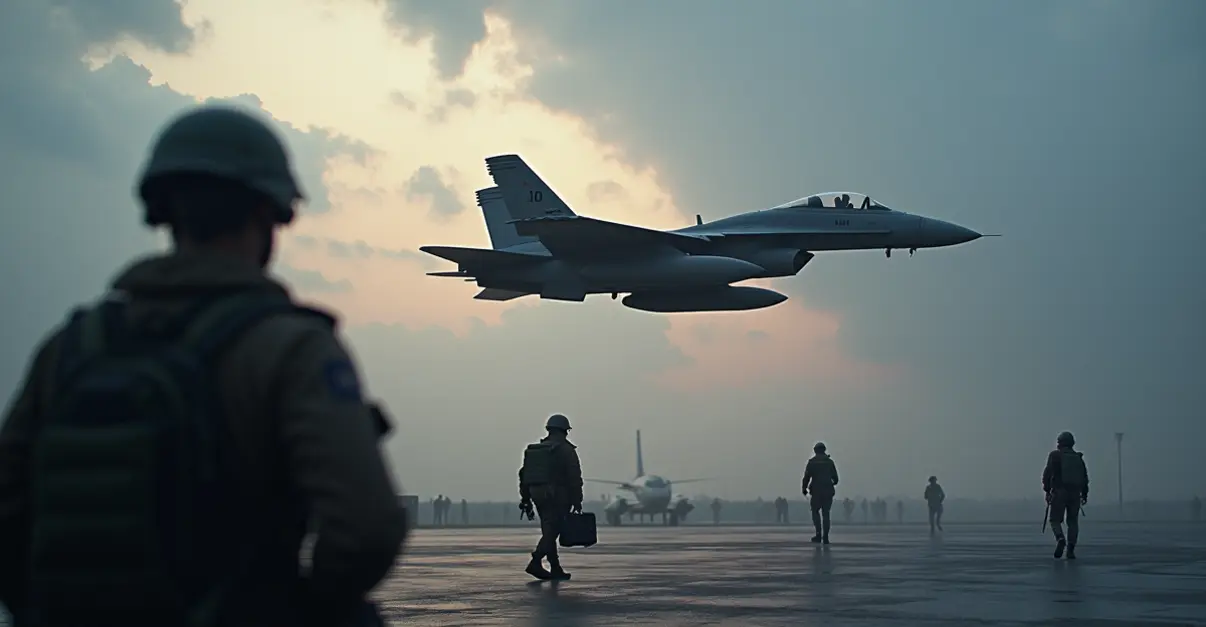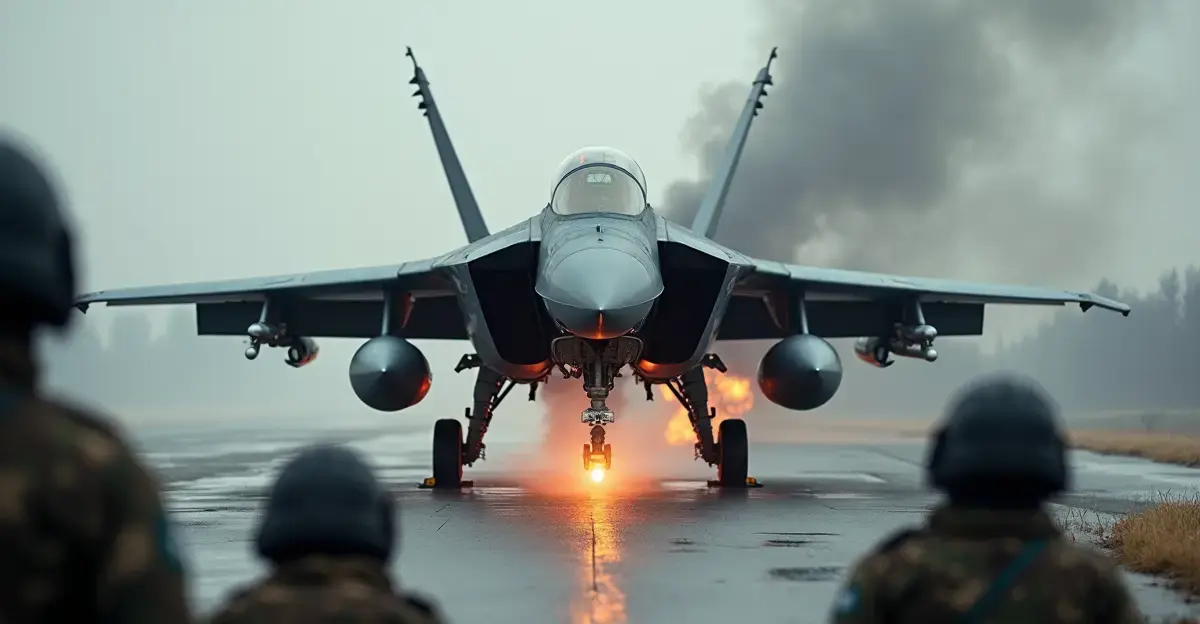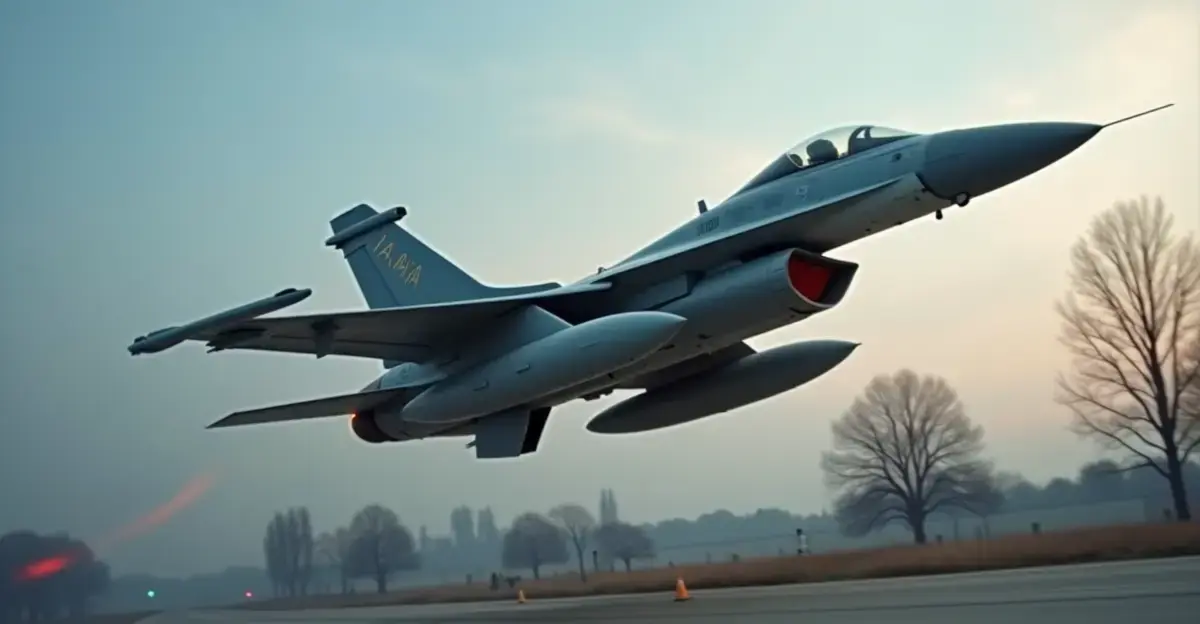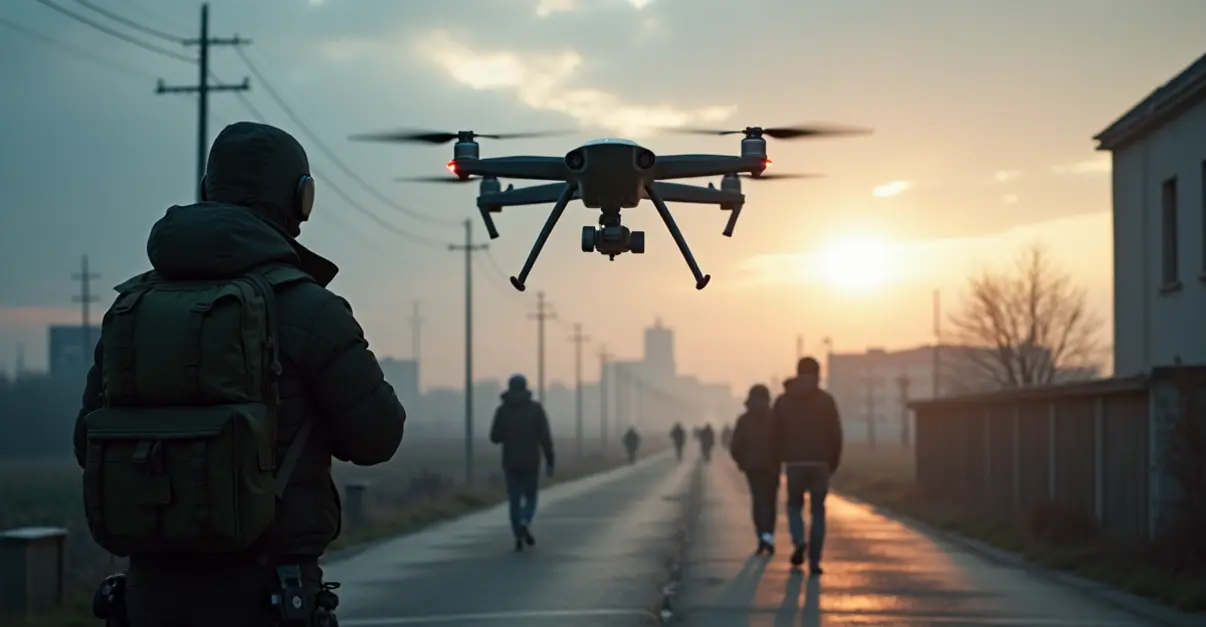NATO Issues Strong Condemnation After Russian Jets Violate Estonian Airspace
NATO member states have issued a sharp condemnation of Russia's violation of Estonian airspace on September 19, 2025. The alliance released a formal statement following an emergency meeting of member states, describing the incident as part of a "pattern of increasingly irresponsible behavior" by Russia.
Fourth Violation This Year
Estonia invoked Article 4 of the NATO treaty after Russian fighter jets entered its airspace for the fourth time this year. Three Russian military aircraft were intercepted and escorted out of Estonian territory by allied fighter jets. "NATO will hold Russia fully responsible for this action and warns that the response will be robust," the alliance stated in its official declaration.
Eastern Sentry Operation Activated
NATO Secretary General Mark Rutte announced that the alliance would enhance its defensive capabilities through the Eastern Sentry operation, specifically designed to protect NATO's eastern flank. "We have established Eastern Sentry precisely for this purpose - to strengthen our collective defense and demonstrate our resolve," Rutte told reporters during a press conference following the emergency session.
Growing Pattern of Provocations
The incident represents the latest in a series of airspace violations affecting multiple NATO members. Earlier this month, Poland also invoked Article 4 after Russian drones entered its airspace on September 10. Finland, Latvia, Lithuania, Norway, and Romania have all reported similar incidents in recent months, indicating a broader pattern of Russian military activity along NATO's borders.
Enhanced Defense Measures
Rutte emphasized the importance of improving drone interception capabilities, noting that current systems rely on expensive missiles to counter relatively inexpensive drones. "We must expand our arsenal of cost-effective anti-drone weapons to ensure we can respond appropriately to these emerging threats," the Secretary General stated.
The NATO declaration reaffirmed the alliance's unconditional support for Ukraine and commitment to international law, stating that members "will not hesitate to employ all necessary means, military and non-military, to defend themselves and deter threats."

 Nederlands
Nederlands
 English
English
 Deutsch
Deutsch
 Français
Français
 Español
Español
 Português
Português
